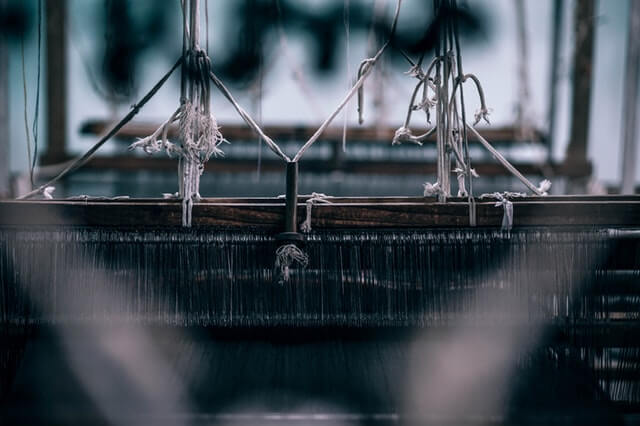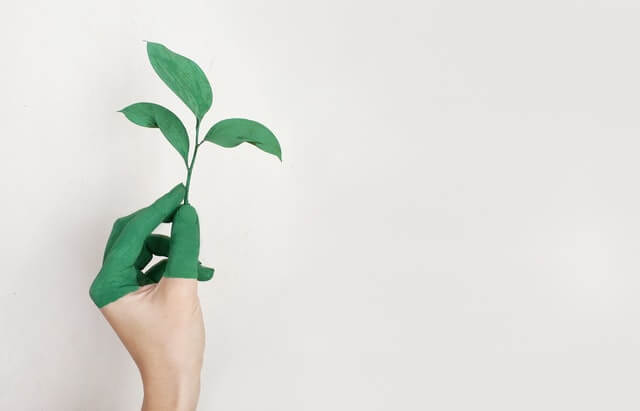The textile is one of the most important sectors in the economic development process due to its high share in export revenues and in added value created in the production process both in the world and in Turkey. The textile sector, which had an important contributor to the industrialization process of the developed countries in the 18th century, plays a similar role in the economic development of the developing countries today as well. Because In the 21st century, textile industry moved to developing countries. There are lots of different factors behind this movement. One of them rigid laws effective in developed countries and another reason is cheap labor force. Due to the economic power of textile industry, over time, all countries that are economic actors in the world have had this industry. The increasing population of the world has increased the strength and the strength of the textile sector.
Read More: Bed Sets

Increasing Trading Volume in Textile
Today, the world textile sector has reached a trading volume of approximately 611 billion US Dollars as of 2010. In 2016, the textile sector in Turkey made exports of $ 17 billion, creating 2 million employments. The textile sector with such a large volume has very important effects on the environment. In this respect, textile manufacturers and the environmental factors in the production process have been under constant debate recently.
Many types of pollution emerged that threatened the world over time. Initially, the effects of this pollution could be ignored. But increasing population needs forced the textile industry to increase production. Increased production also triggered an increasing amount of pollution. Initially, the industry was thought to pollute only water. But now we know that it’s not just water, it’s polluting the soil and air, too.
Thermal pollution is a deterioration of the water quality with a factor causing the change of the temperature of the water in natural conditions. One of the biggest causes of thermal pollution is the use of water as a coolant by power plants and industrial manufacturers. At the beginning, no one thought that the heat could be a pollution source. But it’s a very big problem now. Water, air, soil and heat pollution are just the kinds of pollution we know for now.
Textile factories we build are now an integral part of life. Fashion is pushing them more textile design variety every day. Every new product developed has another environmental impact. A textile manufacturer was forced to choose between surviving or sacrificing the environment.
At this point, textile manufacturers and companies operating in the textile sector need to establish a sustainable environmental management. It is no longer possible for the world to support a textile industry in this way. Textile manufacturing has come to shot down in many countries or factories have closed down. The main reason for this is increased production costs or labor. If the textile factories think about the environment, the cost of production increases. Textile factories prefer developing countries to escape from severe environmental regulations in developed countries. In addition, the increasing need for raw materials is causing the soil to be exploited to produce more products. In many countries, the soil is no longer suitable for growing cotton. If the textile factories continue this way and method, the world cannot continue to support it.

What Should Textile Factories Do?
Within the scope of this environmental management, the producers and companies should;
- Minimize their impact on the environment due to their active environmental policies and activities.
- Discharge the wastewater from the production processes in accordance with the rules set by the law, purifying in their purification facilities.
- Separate their wastes in a hazardous and non-hazardous manner and provide disposal safely or reuse them by sending to recycling plants and/or licensed disposal companies.
- Implement water conservation control and development policies for the continuation of biological diversity.
- Reduce the amount of heating-induced emissions with sustainable technology applications (using chimney heat recovery).
- Reduce CO2 emissions from their activities and continuously monitor their roadmaps to achieve their targets by calculating carbon footprint each year.
- At the beginning of these applications, companies should reduce the consumption of water with the choice of the latest technology machines and different chemical variations. The joint projects and R & D studies should be carried out along with the customers in the direction of this established environmental management. Apart from those mentioned here, there are many applications that take environmental factors into account.

As a result, textile manufacturers and the textile industry, which have a significant place in the development of the country, have to plan their development in keeping with the environment and environmental factors in order to leave a better world for future generations.
We need the textile industry, but there will be no humanity who need the textile without the world.

